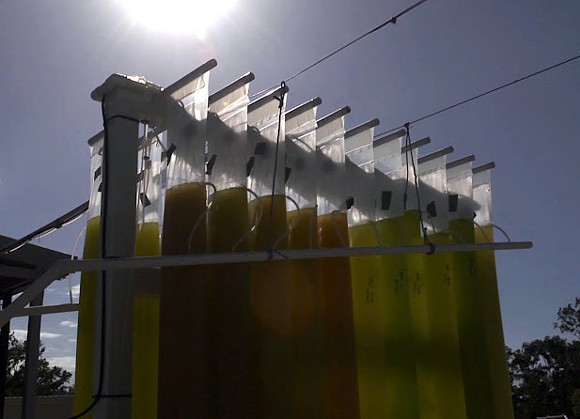U.S. Federal Agencies Spending New Funding To Bring Biofuels To A Commercially Viable Level
 July 10, 2012
July 10, 2012  Kyriaki (Sandy) Venetis
Kyriaki (Sandy) Venetis The Obama administration has just authorized another $30 million in federal funding to advance biofuel technologies.
 A basic model of a biofuel production process. Graphic courtesy of the University of Illinois.
A basic model of a biofuel production process. Graphic courtesy of the University of Illinois.The $30 million in multi-agency funds will be used to match private investments to advance the development and production of commercial-scale drop-in (ready to use) biofuels for primary use in military and commercial transportation.
Last week, a multi-agency teleconference – with senior officials from the U.S. Navy, the U.S. Department of Energy, and the U.S. Department of Agriculture - announced the funding.
Secretary of the Navy Ray Mabus explained some of the provisions of the funding, saying the funding “will have to be matched at least on a one-to-one basis,” and justified the need for biofuels says that they “will reduce the need for foreign oil, which is a significant and very well-recognized military vulnerability.”
Mabus was candid in saying that right now we give our foreign oil suppliers “too much of an input on whether our ships sail, our aircraft fly, or our surface vehicles operate, and that one of the ways this happens is that every time the price of oil goes up a dollar a barrel, it costs the Navy an additional $30 million in fuel. We have faced price spikes this year going into the hundreds of millions of dollars.”
President Barrack Obama also similarly said last April that the “Department of Defense estimates that for every dollar increase in the price of a barrel of oil, we incur an additional $130 million in fuel costs.”


